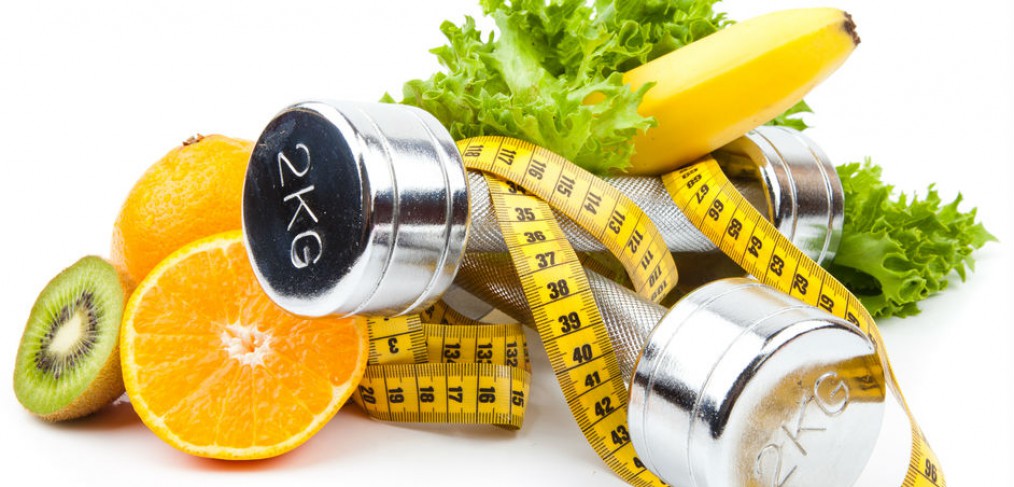
They say you are what you eat, and they’re not wrong!
This doesn’t mean you should go and eat a lump of Magnesium (definitely not a good idea). It is however, an essential mineral that has many important roles and effects throughout our body. Many people use magnesium for muscles and relaxation, however, it’s also important for maintaining healthy sleep patterns, reducing cramps and constipation, easing headaches, keeping bones strong and healthy and much much more. Despite its importance, a large number of people suffer from magnesium deficiency, also known as hypomagnesia which describes the condition of dangerously low levels of magnesium in the body. If hypomagnesia continues over a long period of time or gets very severe it can lead to lots of different health issues, some of which can be quite serious.
Hypomagnesium can be typically caused by the inadequate intake of magnesium from the diet or else the body’s inability to absorb magnesium. So how is your diet affecting your levels and what can you do to change it?
How your diet can lead to magnesium deficiency
Not eating enough food that contains magnesium is one of the biggest causes of magnesium deficiency – particularly if you’re regularly eating what is considered to be the “standard” Australian diet which is rich in fat, sugar, salt, synthetic vitamin D, phosphates, protein, and supplemented calcium.
Drinking too much coffee and other caffeinated beverages as well as regularly drinking soda or alcohol can also lead to inadequate intake of magnesium. They can cause your kidneys to excrete magnesium even before you have had the chance to absorb it. Coffee has both diuretic and mild laxative effects and can lead to the loss of minerals, including magnesium, via the urine and faeces. Simultaneously, the acid which is present in coffee can wear away at the villi (small finger-like structures in your gut that help to increase absorption) of the small intestine which reduces your ability to absorb magnesium. Likewise, soda contains phosphates which can attach themselves to the magnesium inside your body, and make it unavailable for absorption. This means it’ll be filtered by your kidneys and thrown down the drain.
How you can change your diet to help boost your levels of magnesium
Time to step up the magnesium intake! Altering your diet to contain more magnesium-rich foods such as oat bran, spinach, swiss chard, brown rice, almonds, lima beans and more may help you reduce your chances of becoming magnesium deficient.
Magnesium supplementation
Unfortunately, the modern farming methods and the industrial agriculture system has led to mineral shortages in our topsoil, so even including mineral-rich foods in your diet is no longer a sure fire way to meet your recommended daily intake of magnesium. Therefore, you may want to consider taking magnesium supplements to help you maintain optimal levels of magnesium.The best magnesium supplements are transdermal magnesium therapies which mean they are absorbed rapidly through the skin to provide you with a near instant boost of magnesium when you need it most.